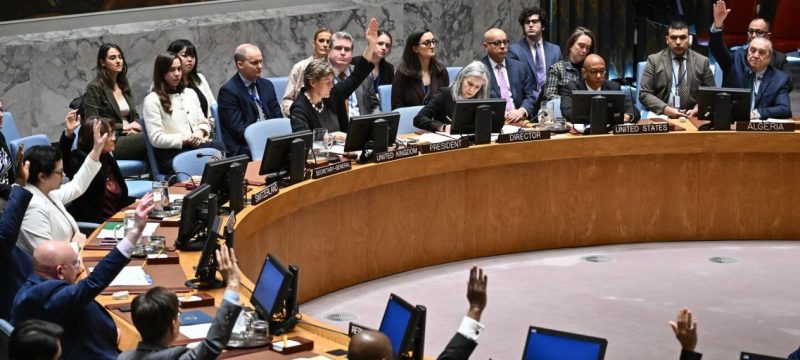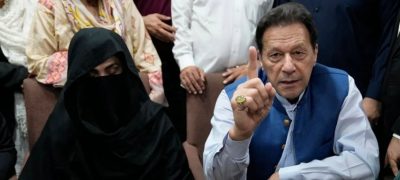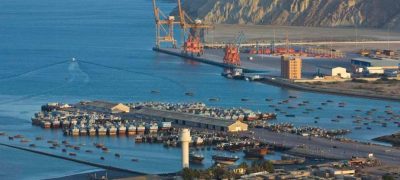The United Nations Security Council will hold a key vote Thursday on a draft resolution calling for a ceasefire in Gaza and greater humanitarian access. The move has gathered wide support, increasing diplomatic pressure on Washington after its repeated vetoes in recent months.
Diplomats say the majority of council members want to act urgently to ease the humanitarian crisis. Civilian casualties in Gaza have continued to rise, creating mounting calls for action from both governments and international aid organizations.
This vote is seen as a major test for the United States, which has vetoed several previous resolutions linked to the conflict. Critics argue that Washington’s stance has blocked global efforts to reduce violence and deliver aid. As US faces pressure in UN Security Council vote on Gaza, allies and rivals alike are watching closely to see whether the American position shifts.
France, China, and several other members of the council have expressed strong support for the resolution. They argue that humanitarian needs outweigh political differences and that the international community must act now. Arab states have also pressed for urgent steps, citing the worsening situation on the ground.
The US has defended its earlier vetoes by insisting that resolutions must be balanced and address Israel’s security concerns. American officials say they prefer negotiated solutions that include guarantees for both sides. However, many diplomats believe Washington risks growing isolation if it again blocks the council from moving forward.
Humanitarian agencies have warned of severe shortages of food, medicine, and fuel in Gaza. The UN has described the situation as dire, with civilians bearing the brunt of the conflict. Calls for an immediate ceasefire have grown louder across the Middle East and beyond.
Observers note that the United States is also facing political pressure at home, where debate over its role in the conflict has intensified. Lawmakers, advocacy groups, and segments of the public have urged the administration to support stronger action at the UN.
As US faces pressure in UN Security Council vote on Gaza, the outcome could shape both regional dynamics and America’s global image. A veto may strain relations with partners, while support for the resolution could signal a shift in policy.
The decision will be closely monitored worldwide. For many, the vote represents more than just another resolution—it reflects the ability of the UN Security Council to respond to one of today’s most urgent crises.
For more on global media rights and the full findings, read the latest news on :India Reacts to Saudi Arabia-Pakistan Mutual Defence Pact







